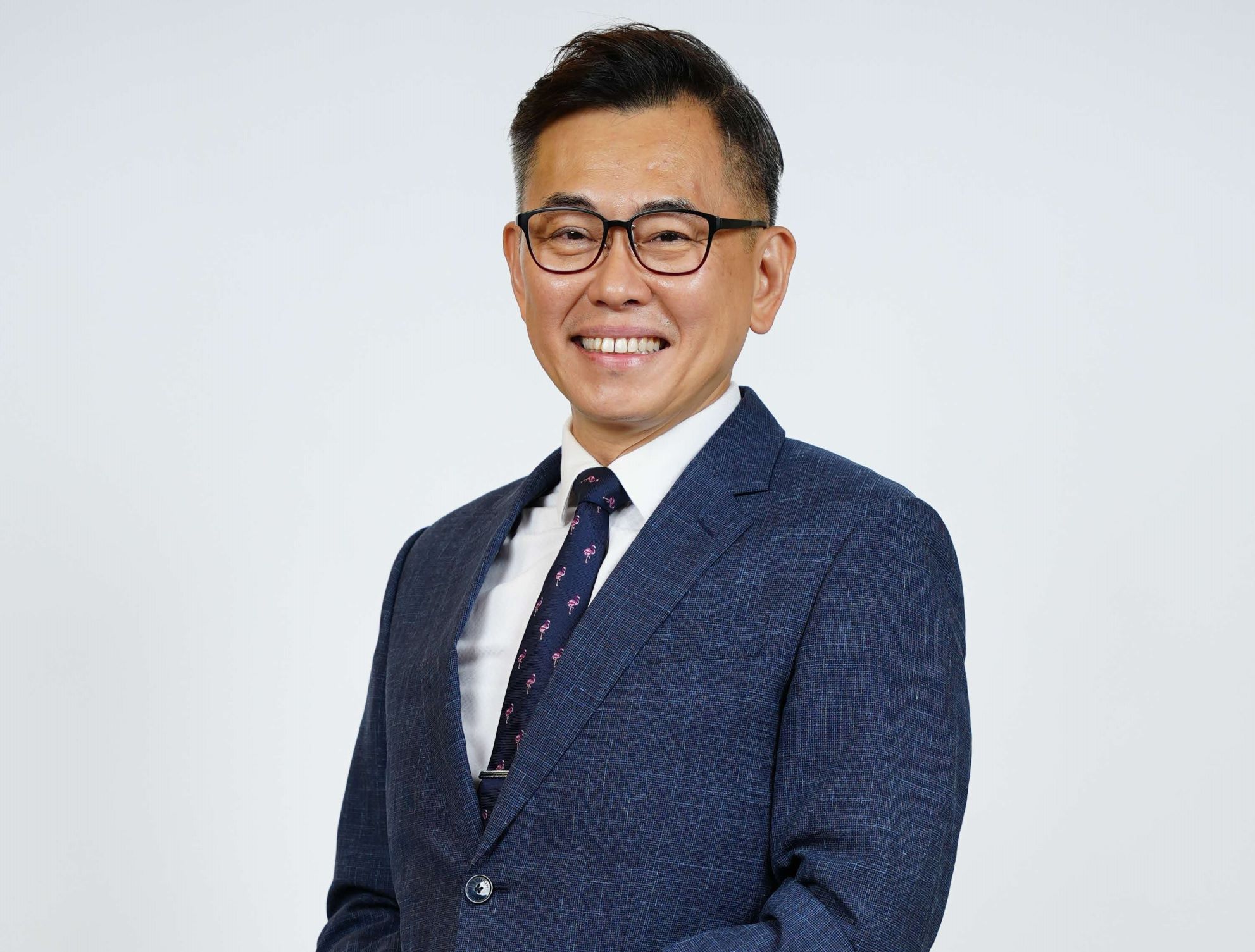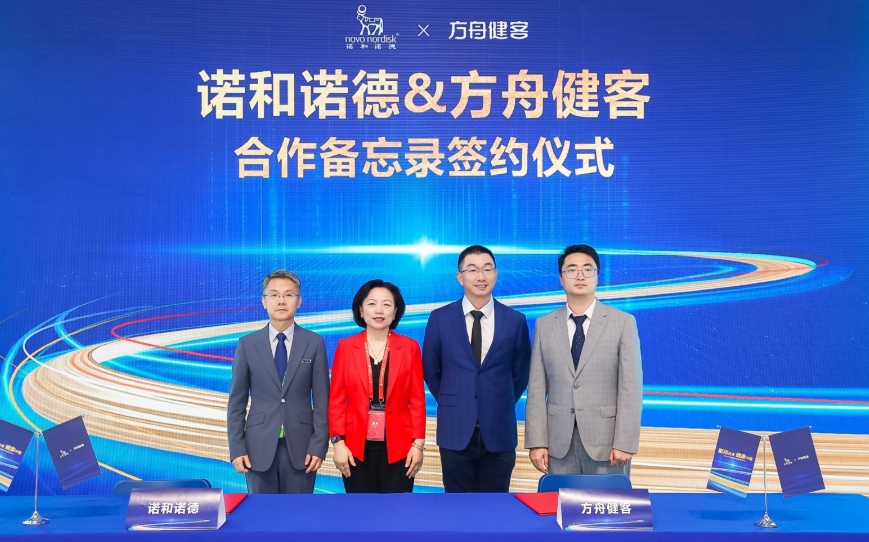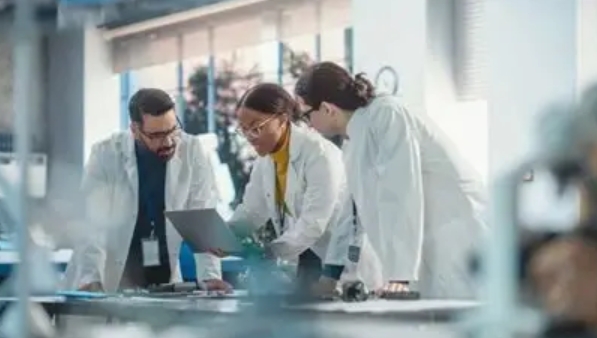
Presently, what are HSA’s key priorities that align with positioning Singapore as a regional hub for biotech and medtech innovation?
We see ourselves as more than just a regulator. We are an enabler of innovation, a partner in progress. Science and technology have always been central to Singapore’s growth story, and our role is to make sure that regulatory frameworks keep pace with the exciting developments in biotech and medtech.
In this fast-moving era, marked by breakthroughs in Artificial Intelligence, regenerative therapies, and digital health, we’re focused on keeping our regulatory system robust, efficient, and yet agile. Our key priority is to ensure that Singapore remains not just a safe harbour for health products, but a launchpad for innovation.
We are working closely with our economic agencies, industry partners and healthcare institutions to build an innovative access framework. This will allow for earlier, deeper engagement with the industry and healthcare institutions, from the clinical trial stage right through to market entry. The objective is clear: accelerate access to promising health products and new technologies while upholding high standards of safety and quality.
We are also investing in reviewing new regulatory frameworks to support emerging areas like Software as a Medical Device (SaMD) and AI-powered solutions. To make it easier for companies to navigate our system, we have implemented the Priority Review Scheme and Pre-market Consultation Scheme. These initiatives foster industry-regulator engagement to create a supportive ecosystem for innovation. In 2018, we established HSA's Innovation Office to provide regulatory and scientific guidance to researchers and startups developing novel therapies and medical technologies. The supported products span cutting-edge regenerative cell and gene therapies, precision medicines, and digital health technologies such as AI medical devices (AI-MDs).
These efforts have yielded numerous positive outcomes, with companies reporting greater regulatory certainty and more efficient development pathways. This success will help position Singapore as a vibrant, trusted hub for biotech and medtech innovation, where companies can develop and launch innovative health products with confidence.
How does HSA balance rigorous safety oversight with the need to support emerging technologies like CTGTP or digital health tools?
Balancing safety and innovation is at the heart of what we do. Our approach is always grounded in scientific principles and risk-based assessments. While HSA recognises the transformative potential of emerging technologies, we are also mindful of the unique challenges they bring, such as complex manufacturing, long-term safety, novel mechanisms of action, and software-specific risks like cybersecurity and data integrity.
To address these, HSA has implemented targeted regulatory frameworks. For CTGTP, we introduced a fit-for-purpose, risk-based framework under the Health Products Act to facilitate innovation while ensuring safety, efficacy, and quality. For digital AI tools, we also worked with the Ministry of Health to develop comprehensive guidelines that cover the entire product lifecycle, from development to post-market monitoring to cybersecurity.
I am glad to say Singapore is leading globally with our Cybersecurity Labelling Scheme for Medical Devices. This innovative initiative was rolled out at the end of 2024 in collaboration with the Cyber Security Agency, the Ministry of Health and Synapxe, through early industry engagement, where medical device manufacturers were invited to test their devices and provide valuable feedback on the scheme's implementation through a sandbox. This scheme aims to enhance cybersecurity across the healthcare sector and protect patients’ data, as medical devices become increasingly interconnected. The Innovation Office is also available to provide early guidance and consultation services to developers and clinicians for their entire product development process. Whether you are pioneering a novel biologic, gene therapy product, digital or AI tool, we are here to support your innovation journey while ensuring it reaches patients safely.
To ensure our regulations evolve alongside scientific advancements, HSA has also partnered with our national scientific research institutions to conduct regulatory science research in emerging technologies, particularly in areas such as generative AI-enabled medical devices and mRNA therapeutics.
What’s your views on the regulation of AI-MDs and SaMD?
AI in healthcare presents both opportunities and regulatory challenges. That is why since 2019, we have had a dedicated team looking into how to regulate AI-MDs and SaMD in a way that supports innovation while safeguarding patient safety.
We have developed fit-for-purpose evaluation criteria and requirements, with a focus on areas like algorithm and clinical performance validation, explainability, cybersecurity, as well as their unique characteristics, including the need for continuous learning and adaptation. We also collaborate closely with international regulators and forums, such as the International Medical Devices Regulators Forum (IMDRF), to align our approaches and reduce fragmentation in global regulation.
We have registered approximately 160 AI-MDs, including SaMD. By the end of this year, we expect that around 180 AI-MDs and SaMD will be registered with HSA. This growth reflects Singapore’s rising role as a regional leader in digital health and solidifies our position as a biomedical sciences hub in the region, and we are committed to enabling this momentum. The integration of AI and machine learning will revolutionise patient care, allowing for more personalised and responsive treatment.
As AI becomes more embedded in healthcare delivery and clinical decision-making, our frameworks will continue to evolve to ensure trust, transparency, and safe use.
Could you share some insights on HSA’s collaboration with international regulators that help align standards and enable faster, cross-border access to new health technologies?
No regulator can work in isolation, especially in today’s interconnected world. HSA is a strong believer in global cooperation to build strong partnerships for mutually beneficial outcomes, whether it’s through the International Council for Harmonisation of Technical Requirements for Pharmaceuticals for Human Use (ICH) or IMDRF or through our multiple strategic partnerships with trusted regulatory authorities.
We have also been an active participant in international collaborative platforms like Access Consortium and Project Orbis, which allow us to share workload, exchange insights, and speed up access to important treatments, including oncology drugs.
As a World Health Organization (WHO)-Listed Authority for medicines and vaccines and a WHO Stringent Regulatory Authority for in vitro diagnostic medical devices, our regulatory assessments and decisions are trusted globally, and that trust has a real impact. This should give confidence to our pharmaceutical and medical device companies to register their products in Singapore. In some cases, countries may rely on and leverage our evaluations to make their own informed regulatory decisions, supporting global health access and equity of essential health products.
These partnerships do not just enhance access—they also help us learn, benchmark, and stay ahead of emerging trends. At the end of the day, good regulation travels across borders, just like innovation.
Which are some of the key regulatory challenges that you’re anticipating in the next 5 years, and how would you tackle them?
We’re entering a period of regulatory transformation — fueled by demographic shifts, evolving care models and manpower changes and digital disruption. Some of the biggest challenges ahead include:
To tackle these challenges, HSA is adopting a forward-looking 5P Strategy:
This is not just about adapting to change—it is about shaping it.
If you could send one message to biotech innovators looking to enter the Singapore market, what would it be?
Engage early. Engage often. Emerge together.
Innovation does not happen in a vacuum, and neither does regulation. At HSA, we believe in walking the journey with you. Our Innovation Office is here to help you navigate the path—from bench to bedside—especially if you’re working on novel products and technologies.
Singapore offers a unique combination of scientific excellence, clear policy support, and regulatory confidence. If you are building something that can transform care, we are here to help you make it real—safely, efficiently, and meaningfully.
So do not wait until your product is ready for approval. Reach out early. Let us know what are the emerging technologies that you are developing so that we can plan our resourcing and capabilities. Let us make Singapore a trusted and shining biomedical hub across the world together.
Ayesha Siddiqui




